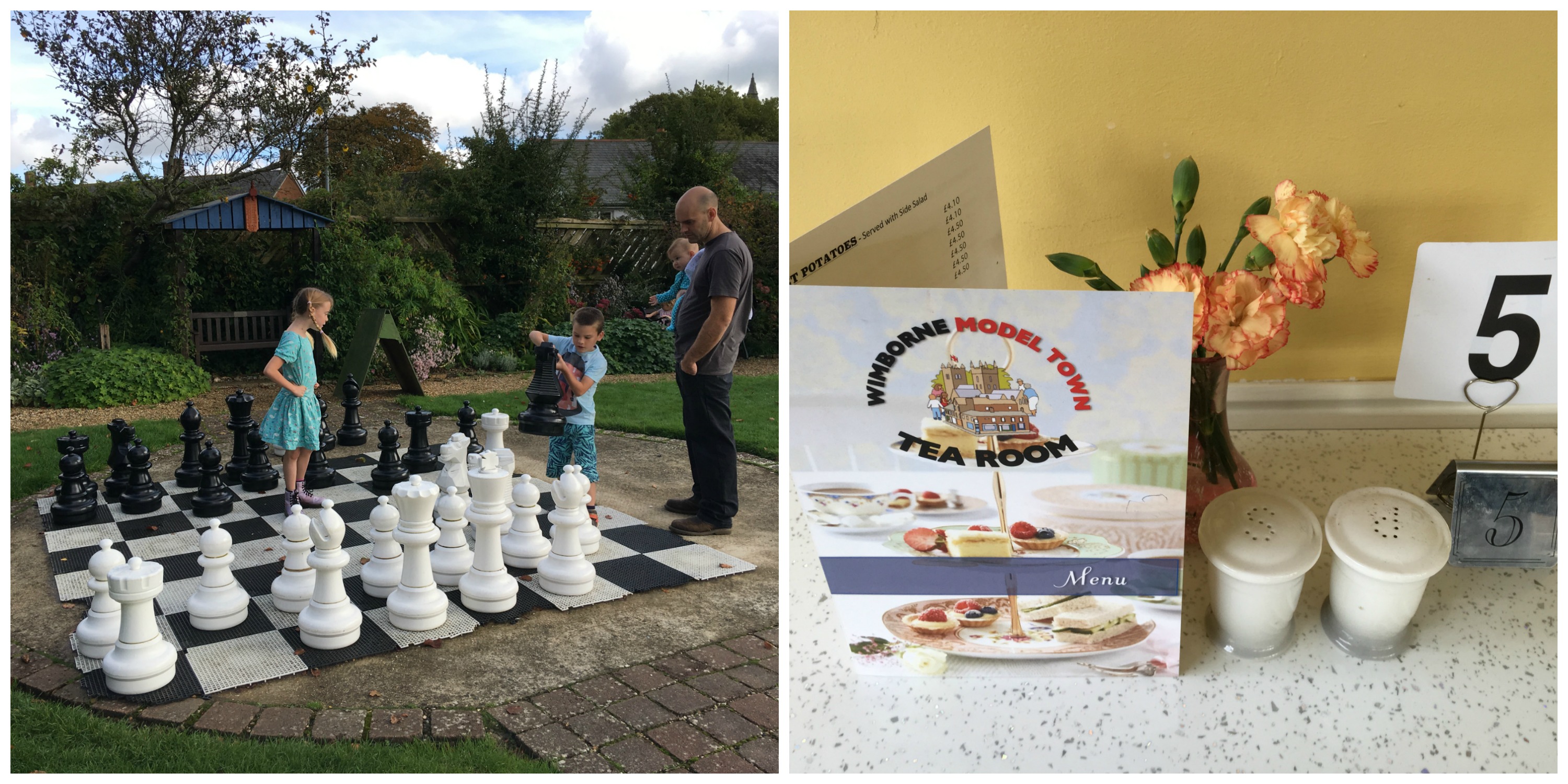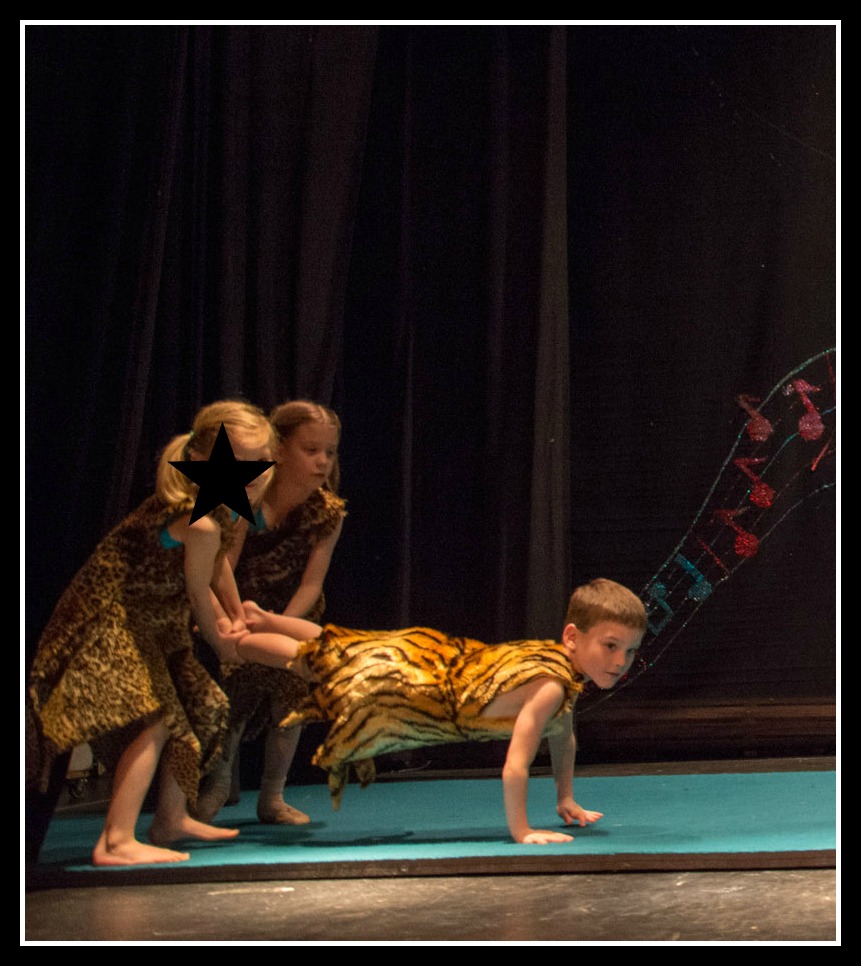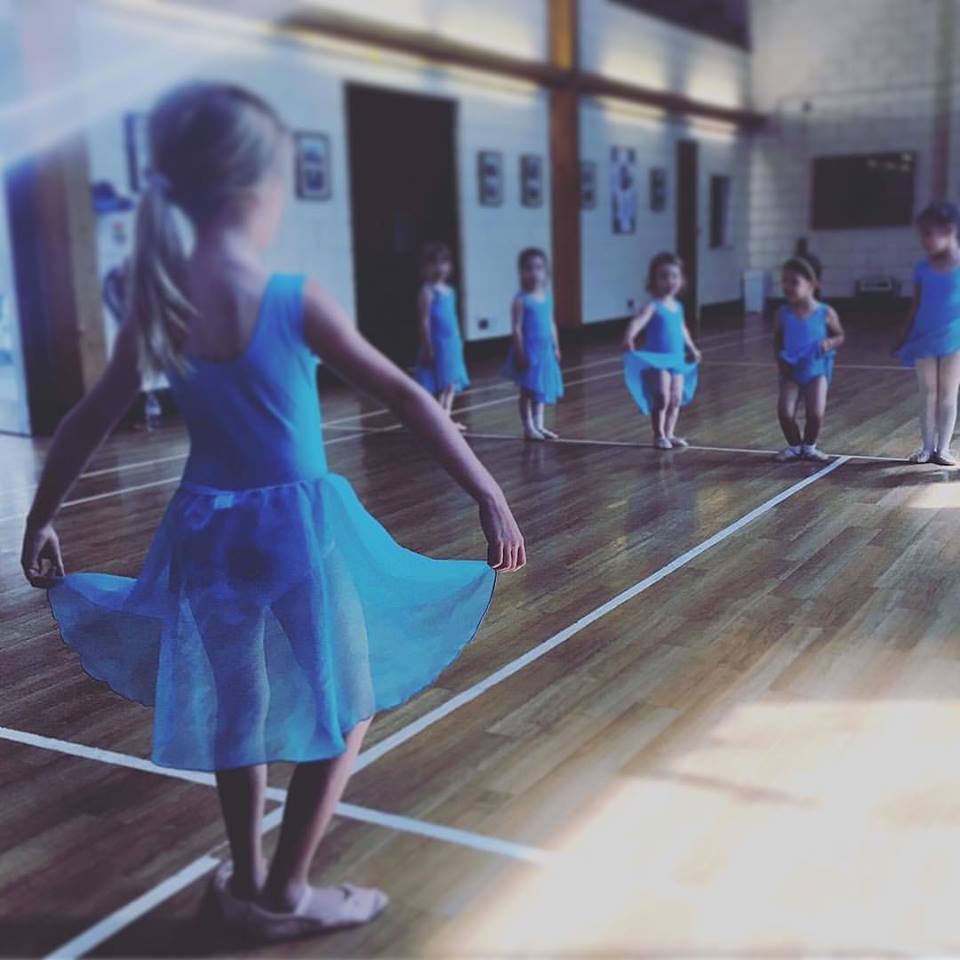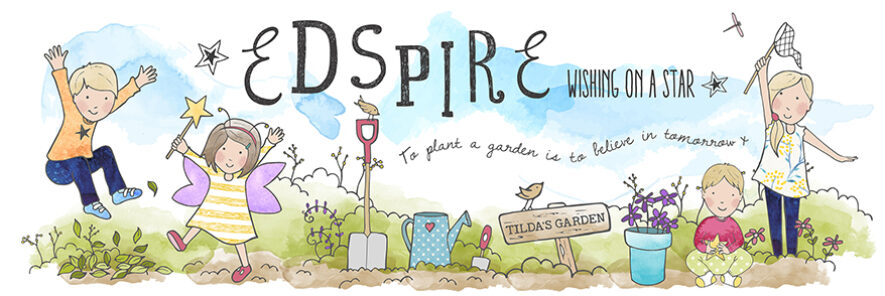This is a sponsored post
The main academic curriculum is not the only important aspect of a solid education, as so much can be learnt outside of the classroom. With that said, most schools and local communities offer a variety of extra-curricular activities for young people, from sport and music, to more unique endeavours like chess club.

Extra-curricular activities are a great way for children to spend their free time, for many reasons. Nowadays, parents are always looking for ways to encourage their kids to put down their digital devices and do something productive and encouraging them to pursue a hobby could be the answer. They are also an opportunity for children to develop a range of key skills and make lifelong friends. Most importantly, they are fun! Many extra-curricular activities are also good for your child’s physical and mental wellbeing. Dance, for instance, helps to improve physical fitness, will arts and crafts can be quite calming, resulting in reduced stress. A junior school in Oxfordshire has shared some of the many benefits of extra-curricular activities below.

Regardless of the activity, pursuing a hobby will help your child learn a variety of transferrable skills that they can use in other areas of their life. For instance, learning an instrument will teach them patience and persistence, while sport can help them become better at teamwork. Group activities are also great for providing your child with a sense of belonging. What’s more, adding an extra-curricular hobby to their already busy schedule will help improve their time management skills and encourage them to plan ahead.

These skills, and the many more that can be developed through an extra-curricular club, will contribute to enhanced confidence. It’s basically a chance for your child to develop a stronger sense of self by unleashing their interests and passions and stepping out of their comfort zone to tackle new challenges. What’s more, when they score a goal or perform on stage, they experience pride, and learn that they can do anything they set their mind to. As their confidence continues to rise, they will start to feel more comfortable taking risks or getting involved in classroom discussions.

Many extra-curricular activities are graded and result in certain qualifications. This will be beneficial to your child if they plan to apply to university, because it can contribute to their overall UCAS points. Even without the qualifications, universities will look favourably on applicants who are able to demonstrate personal interests outside of their school commitments, as it portrays a sense of character.

